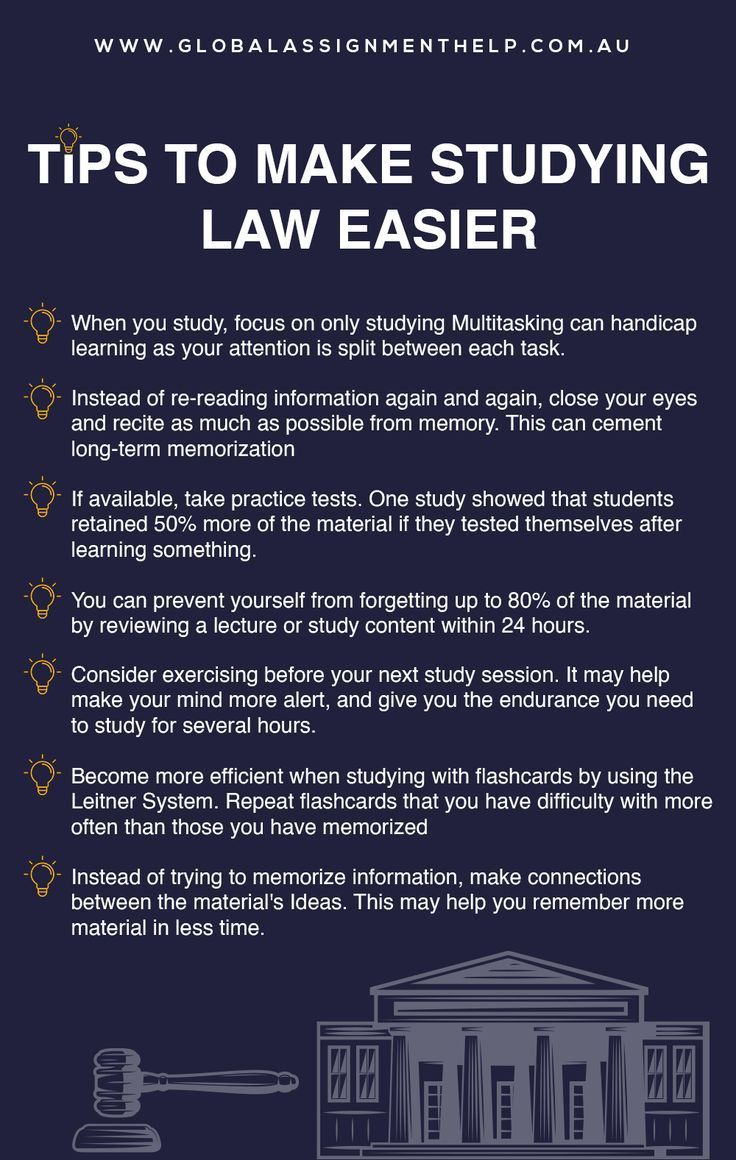A recent article published in the Columbia Law Review, a prestigious legal journal, has sparked a heated controversy between student editors and their board of directors. The article in question, titled “The Occupation of Justice: The Supreme Court of Israel and the Occupied Territories,” is a scathing critique of Israel’s treatment of Palestinians in the occupied territories.
The article, written by a group of students, argues that the Israeli Supreme Court has consistently failed to protect the rights of Palestinians living under occupation, instead rubber-stamping the Israeli government’s policies of settlement expansion and land expropriation. The authors contend that this has led to a situation in which Palestinians are denied basic human rights, including the right to self-determination and freedom from discrimination.
However, the article’s publication has been met with fierce resistance from the board of directors of the Columbia Law Review, which is comprised of prominent legal scholars and practitioners. The board has accused the student editors of bias and of failing to adhere to the journal’s standards of academic rigor and objectivity.
In a statement, the board claimed that the article was “one-sided” and “lacked a balanced perspective,” and that it did not meet the journal’s usual standards of scholarship. The board has demanded that the article be retracted and that the student editors issue an apology.
The student editors, however, have refused to back down, arguing that the board’s actions are an attempt to stifle free speech and academic freedom. They point out that the article underwent rigorous peer review and was approved by multiple editors before publication.
The controversy has sparked a wider debate about the limits of free speech on campus and the role of academic journals in promoting critical thinking and debate. Supporters of the student editors argue that the board’s actions are a form of censorship, while critics argue that the article’s publication was irresponsible and inflammatory.
As the controversy continues to unfold, it remains to be seen whether the student editors will be able to withstand the pressure from the board and defend their right to publish critical scholarship. One thing is clear, however: the battle over the Columbia Law Review article has highlighted the need for greater transparency and accountability in academic publishing, and has sparked a long-overdue conversation about the role of academic journals in promoting free speech and critical thinking.





